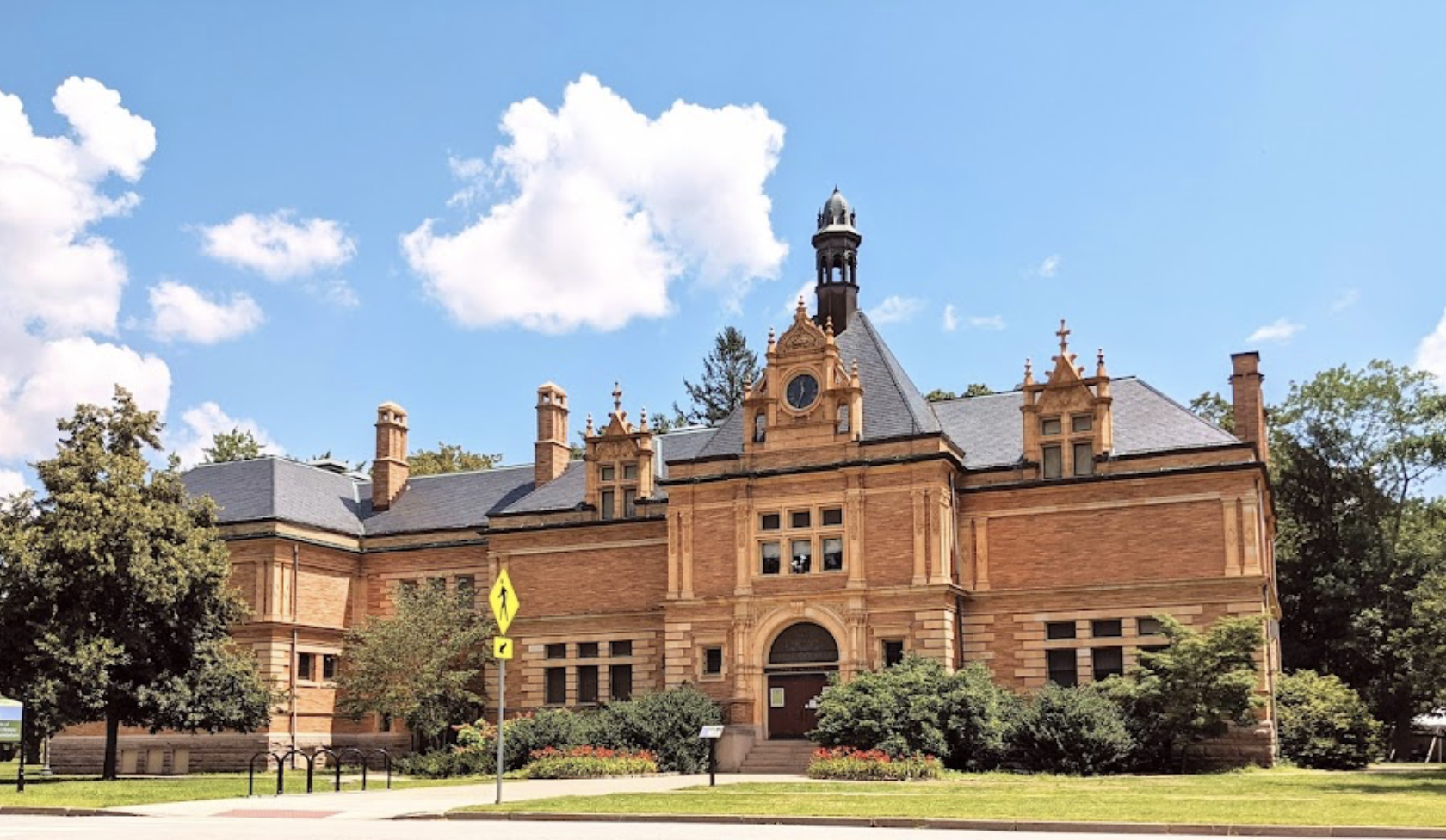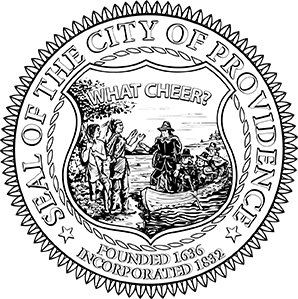- Programs available for schools, September – June
- Discovery based hands-on learning
- Age and grade appropriate activities
- Programs designed to suit your curriculum
- The following programs are not offered during school vacations. Please contact the museum if you are interested in school vacation offerings.
- Minimum of 15 same-grade students for workshops.
- Please contact the museum to book a program.
Museum Workshops
Earth Science and Geology Workshops
Geology Detectives (Grades 1-2)
NGSS: 2-PS1-1; 2-ESS1-1
Click here for the Pre-visit Guide.
Can you pick granite out of a rock lineup? Become a geology detective! Learn about the three types of rocks and how they form. Then use your detective skills to identify rock, mineral and fossil specimens, using their unique characteristics.
Mineral Mania (Grades 3-4)
NGSS: 3-LS4-1; 4-ESS1-1
Click here for the Pre-visit Guide
Experience mineral mania at the museum! Students will test the properties of different rocks and minerals. Spectacular rock and mineral specimens from the Museum’s collections are sure to delight students and show them why geology rocks!
Rock Factory (Grades 5-6)
NGSS: 5-PS1-3; MS LS4-1,2; MS ESS1-4; MS-ESS2-1
Click here for the Pre-visit Guide
How does our Earth create so many different types of rocks? Learn about the different processes that form and reform rocks as you identify many types of rocks, minerals, and fossils. Students will learn to think like geologists as they move through interactive investigation stations packed with specimens from the Museum’s collections.
Rhode Island Rocks! (Grades 7-8)
NGSS: MS LS4-1,2; MS ESS1-4; MS ESS2-3
Click here for the Pre-visit Guide
The smallest state has a big past! Students will discover how the processes of plate tectonics, glaciers, erosion and more have shaped Rhode Island through its history and recreate its past through fossil and geological evidence.
Space Science Workshops:
Space Capades (Grades K-2)
NGSS: K-2 ETS1-2; K-2 ETS1-3
Students will have a BLAST learning about space and space travel in this exciting workshop. After learning how astronauts live and work in space, students will build their own rockets from craft materials and use their imagination to launch them into space!
Our Magnificent Moon (Grades 3-4)
NGSS: 4-PS3-4; 3-5 ETS1-1,2
Discover our Moon, our closest neighbor in space. From the historic Apollo missions to a future Moon base, students will learn about the past, present and future of Moon exploration. Students will use what they have learned to design and build their own lunar spacecraft.
Living and Working in Space (Grades 3-5)
NGSS: 3-PS2-2; 4-LS1-1; 5-PS2-1
The International Space Station is the largest spacecraft ever built, assembled piece by piece in space! Students will experience what it’s like to be an astronaut aboard the ISS as they try their hands at ‘astronaut training’ activities. They will also discover the effects of microgravity on the human body and find out how astronauts eat, sleep and work in space!
Toys in Space (Grades 5-6)
NGSS: 5-PS2-1; MS PS2-2,4; MS PS3-1,5
Discover the laws of physics in a weightless environment – space! In 1993, the Space Shuttle Endeavor carried a locker full of toys into space for the purpose of teaching students the concepts of force and motion. Students will experiment with a range of toys and hypothesize about how they would work in space, then put their guesses to the test by seeing the same toys being used in space!
Mission to Mars (Grades 7-8)
NGSS: MS ESS1-3; MS ETS1-1, 2, 3, 4
Click here for the Pre-visit Guide
The rocks and soil of Mars hold many clues to the planet’s history. Students will explore the astonishing robotic spacecraft that are exploring the answers to our questions about Mars and will have to think like NASA engineers in a design challenge to build a soil scoop for testing the rusty Martian soil.
Special Workshops
Our Changing Planet
(Grades 3-5 and Grades 6-8)
Using clues from the past and technology of the future, students explore how Earth has changed over its history. Hands on stations engage in modern research methods and help students make predictions about what this means for Earth’s future.
Engineering Design
(Grades 4-5 and Grades 6-8)
Students explore the history of design and technology, as well as the design-build process. Students put this knowledge to use in a design-build challenge. Utilizing of some very basic, everyday materials they become engineer inventors building a wind technology vehicle!
Museum of Natural History & Planetarium
Roger Williams Park
1000 Elmwood Avenue
Providence, RI 02709
Get Directions
mnhinfo@providenceri.gov
401.680.7221


